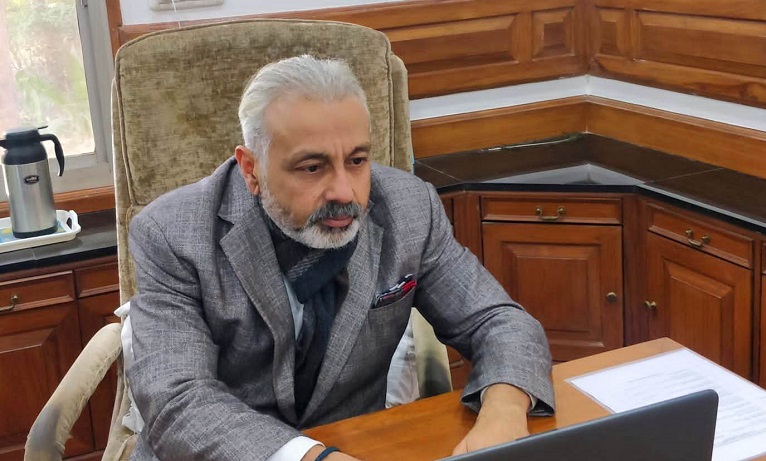Are Schools Preparing Students for the Real World?
Are today’s teenagers prepared for life after high school? There’s a lot of talk about modern youth being less prepared for adulthood than their parent’s generation. Do you believe so too? If yes, read on to know why.
Today’s teenagers are a perfect example of what can happen when parents coddle their children more than what’s necessary. They give their children everything. When you turned sixteen, you were considered extremely fortunate if you were allowed to drive your parents’ old beat-up car. If you desire something different, you would get a job and pay for it yourself because it would instill a sense of responsibility in you. Nowadays, 16-year-olds have everything in their hands, from the latest gadgets to flashy cars. As a result, teenagers are less prepared for life than ever before.
Is it the responsibility of schools to fill in the gaps when parents fail to educate their children on fundamentals? “Education should be a collaborative effort between parents and educators. If there is one skill that schools should teach, it is how to develop critical thinking skills. Without these skills, children grow up unable to analyze situations and objects in order to make productive, beneficial decisions. Learning to ask questions and then analyzing the answers is the only way people can truly make clear-cut decisions throughout their lives.” says Anoop Singh Bishnoi, Chairman of The Doon School, Dehradun.
“To be fair, some schools do devote time to teaching students about careers. Many, however, fall short because they do not address the importance of preparation. Children do not understand the connection unless income disparities are presented, or they learn that preparing for careers is how they can get the highest-paying jobs, therefore career counsellors and teachers should work together to provide the best opportunities to students, not just to clear their doubts but also to make them realise their potential.” adds Anoop.
It’s important for teachers to have self-assurance in their roles, not only to maintain discipline but to make sure that the learning flows smoothly. When there is a small power distance, there is a greater presumption of equality, with consequences for what behaviors are acceptable. Both teachers and students must distinguish between respect for the individual and a critical and inquisitive approach to concepts and ideas. There is also a need to encourage children to be open about their doubts and to speak up even if they are unsure. Only in this manner can there be progress and development in the classroom.




Comments
Post a Comment